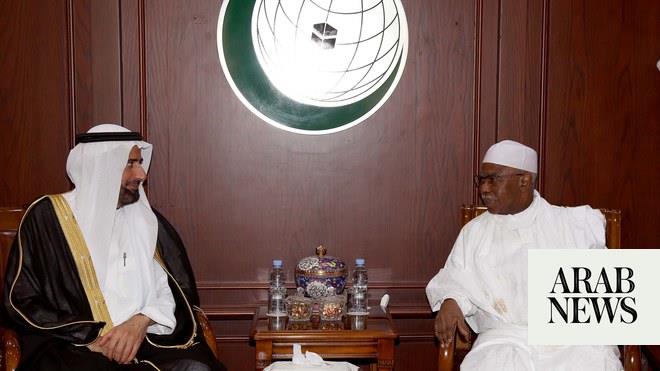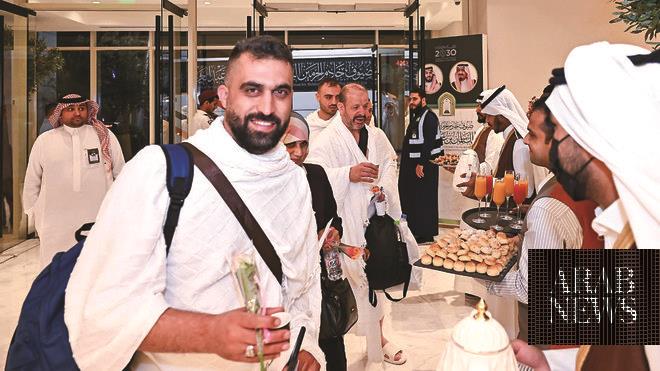
My childhood days have made for many fond memories of the Grand Mosque of Makkah. It used to take me and my Dad only five minutes to walk from our house to the special quarter, where imams and prominent scholars — including a friend of my father’s, the late Sheikh Ali Tantawi — used to sit in anticipation of the Maghrib prayer. Back then, I could count several hundred worshippers attending the prayers or performing Umrah. Now, thanks to the many expansion works, the Grand Mosque’s capacity has been multiplied and it can now accommodate millions of worshippers.
In the last decade, the number of Umrah visitors entering the country from abroad has tripled, reaching eight million. This is a noble responsibility. It requires our country to spare no effort in seeking to offer pilgrims all they need so that we fulfill our duty to provide good hospitality to our brothers and sisters from all over the world.
In this context, I believe it is quite clear that the continual development of Hajj and Umrah organizations and services in the Kingdom is among the top priorities of the Saudi government. The Kingdom’s economic blueprint for 2030 includes plans to further improve the quality of services offered to visitors embarking on Hajj and Umrah, including boosting capacity to accommodate up to 30 million pilgrims per year.
Our transport network has been reinforced to facilitate access and help pilgrims perform their visits with greater ease and convenience. At the same time, the government will enrich pilgrims’ spiritual journeys and cultural experiences while in the Kingdom by establishing more museums, preparing new tourist, historical and cultural sites, and generally improving the pilgrimage experience within the Kingdom.
I trust the sector is set to pick up pace as the Kingdom undertakes at least $50 billion worth of projects aimed at boosting the number of Hajj and Umrah pilgrims over the next three years. Under the country’s transformation program, the number of Hajj pilgrims is envisaged to reach 2.5 million by 2020, with Umrah pilgrims expected to almost double to 15 million from around eight million now.
Last week, King Salman issued a royal order establishing a Royal Commission for Makkah City and the Holy Sites, which shows the leadership’s concern for the development of the city and the holy sites to help the millions of pilgrims and visitors perform their rituals with ease and comfort.
Saudi Arabia has assumed a prominent place in the world and has become synonymous with hospitality and a warm welcome to all Muslims. As such, it has carved a special place in the hearts of pilgrims and the faithful everywhere.
Basil M.K. Al-Ghalayini is the Chairman and CEO of BMG Financial Group.











